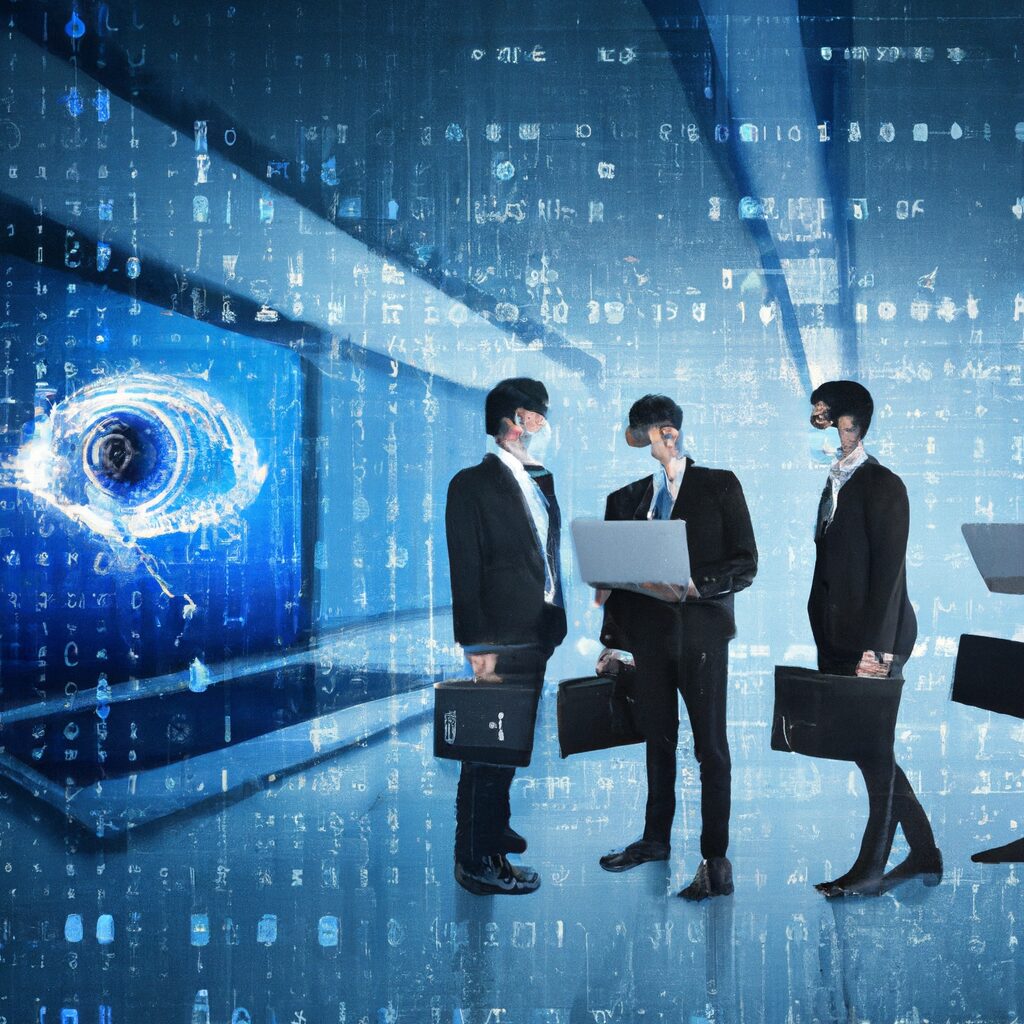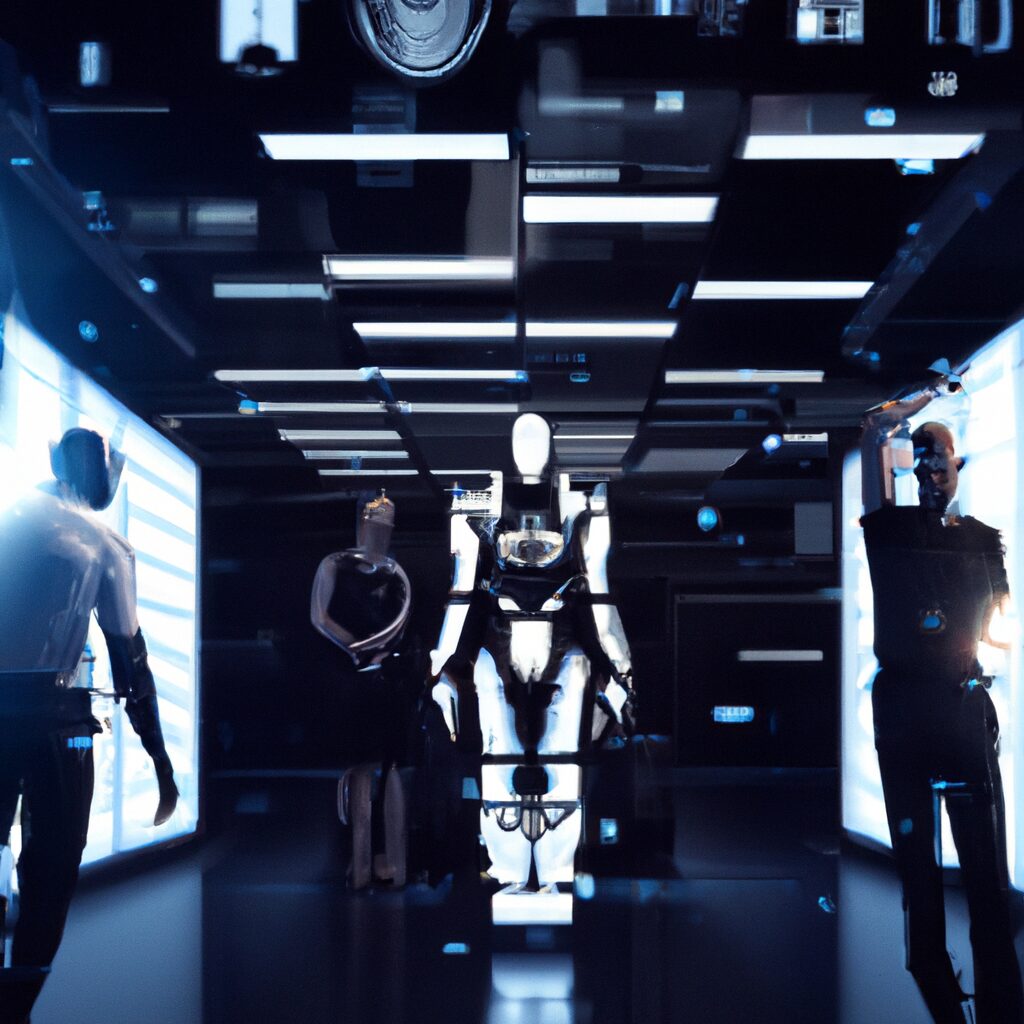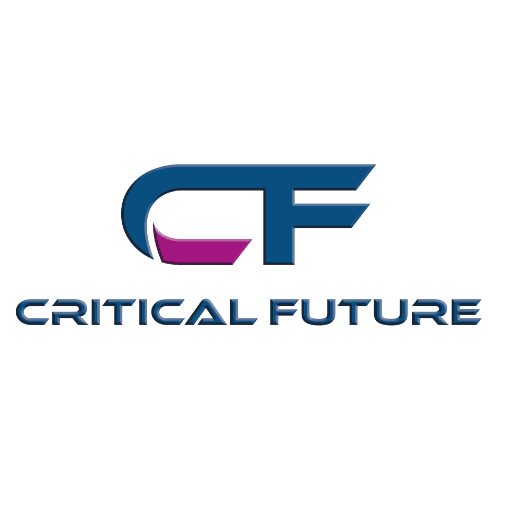Shaping the Future: Key AI Trends of 2025
- March 27, 2025
- Posted by: Mai - CF Brand Ambassador
- Category: Daily Blogs
Shaping the Future: Key AI Trends of 2025
As 2025 unfolds, the world is witnessing unprecedented integration of artificial intelligence across various sectors, reshaping industries and societal behaviors alike. Imagine AI-powered agents capable of not only understanding complex tasks but also collaborating with humans seamlessly to enhance productivity and decision-making. This isn’t just a futuristic vision—it’s happening now. AI is increasingly driving innovation, from healthcare breakthroughs to fortified cybersecurity measures, marking a new era of technological growth and responsible AI development.
AI’s Pervasive Role in Healthcare
The healthcare industry continues to be a fertile ground for AI advancements. Cutting-edge technologies are enhancing diagnostic systems, enabling precision medicine, and improving patient outcomes at every level. In 2025, AI tools are adept at analyzing complex datasets, predicting disease patterns, and even suggesting personalized treatment options. This transformation is largely credited to advancements in machine learning algorithms, real-time data processing, and the application of big data analytics in clinical settings.

Cybersecurity: A New Frontier for AI
With cyber threats evolving at a staggering pace, AI’s role in cybersecurity has become crucial. In 2025, AI systems are not just reactive but proactive, utilizing predictive analytics to anticipate potential threats. This represents a significant shift toward more secure digital environments, where AI algorithms not only detect but also learn from each cyber attack, continuously fortifying defenses. Security frameworks are increasingly leveraging AI to offer robust protection against an array of cyber challenges, protecting sensitive data and critical infrastructure.

The Rise of AI Agents and Human Collaboration
AI agents have advanced beyond mere task execution to becoming collaborative partners in the workspace. These intelligent systems are designed to understand human emotions, adapt to behavioral cues, and augment human efforts in innovative ways. In 2025, businesses are investing in AI technology to enhance employee productivity and creativity, facilitating a new wave of collaboration where AI and humans work side by side. The focus on creating AI systems that are not just tools but integral members of the team has led to enhanced efficiency and innovation.

How Industries Are Implementing Cutting-Edge AI Technologies
Across sectors, the implementation of AI technologies is revolutionizing operations. In finance, AI systems provide real-time analytics and predictive insights that enhance decision-making and risk management. In retail, AI enhances customer experience through personalized marketing and inventory management. Manufacturing sectors capitalize on AI-driven automation to optimize production processes, reducing downtime and increasing cost-effectiveness.
Experts emphasize the importance of ethical AI development to ensure these technologies respect privacy and promote transparency. “The future of AI hinges on our ability to develop systems that are not only efficient but also ethical,” notes Dr. Emily Tran, a leading AI ethicist.
The Future Implications of AI Advancement
“AI is no longer just assisting various sectors—it’s redefining the ecosystem altogether,” says Dr. Anna Roberts, an AI research scientist. “The potential for AI to further human advancement while ensuring ethical deployment is vast.”
As AI becomes more embedded in society, the implications stretch far beyond technological innovation. AI has the potential to address global challenges, such as climate change, by optimizing resource use and improving energy efficiency. Furthermore, AI-driven systems hold the promise of making transportation safer and more efficient through autonomous vehicles and smart infrastructure applications.
However, with these advancements come challenges, particularly concerning the ethical use of AI. Ensuring fair and unbiased algorithms, protecting personal data, and maintaining accountability are critical as AI technologies become more pervasive. Experts discuss the balance of power between AI capabilities and human oversight, advocating for stringent governance measures to safeguard against misuse.
What This Means For Our Future
The AI trends of 2025 underscore a pivotal era in technological evolution, where AI is not just a supportive technology but a key driver of change. From revolutionizing industries to reshaping societal norms, AI’s impact is profound. Yet, as we revel in the possibilities, one question persists: Can we create a harmonious balance between leveraging AI’s capabilities and preserving human-centered values in our rapidly advancing digital age?
